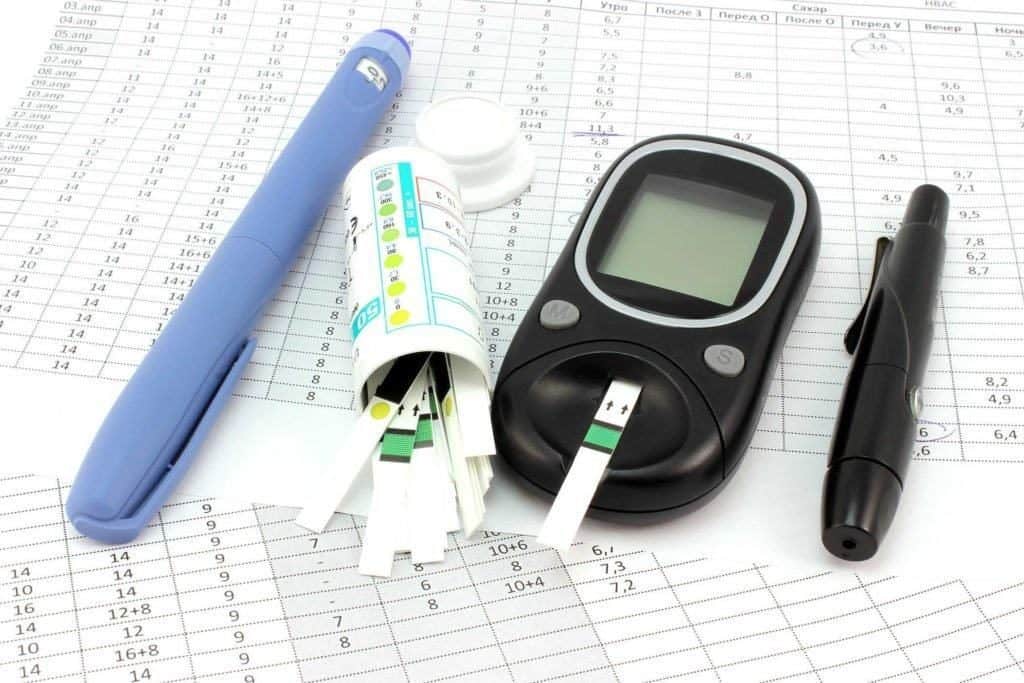Contents:
- Medical Video: Pharmacology - DRUGS FOR DIABETES (MADE EASY)
- Mimetic incretory work
- What are the side effects of using mimetic incretine?
- Which must be considered
Medical Video: Pharmacology - DRUGS FOR DIABETES (MADE EASY)
Inkretin is a natural hormone produced by the body. This hormone tells the body to release insulin after eating. Insulin is responsible for reducing blood sugar. Mimetic inkretin, also known as agonist peptide receptor like glucagon 1 (GLP-1), or GLP-1 agonist used in the treatment of type 2 diabetes, or if you have not been able to control blood sugar levels with drugs taken. This drug is given by injection.
Mimetic inkretin consists of 5 types of drugs which include exenatida (2 injections a day), exenatida (1 injection a week), Liraglutida (1 injection per day), Lixisenatida (1 injection per day), and Dulaglutida (1 injection a week )
Mimetic inkretin is only used to treat type 2 diabetes.
Mimetic incretory work
This type of drug works by increasing levels of a hormone called incretin. These hormones help the body produce more insulin only when needed and reduce the amount of glucose produced by the liver when not needed. These hormones reduce the speed of digestion of food and prevent the stomach quickly empty, and can reduce appetite.
Mimetic inkretin works similar to (mimicking) the incretin hormone in the body by lowering blood sugar after eating. Inkretin mimetic function:
- Make the pancreas release insulin when high blood sugar.
- Preventing the pancreas from releasing too much glucagon. Glucagon is a hormone that causes the liver to release sugar released into the bloodstream.
- Helps slow down the rate of digestion of the stomach, so the stomach does not empty quickly. This can make you feel hungry and full faster after eating. Your blood sugar will not rise dramatically after eating.
What are the side effects of using mimetic incretine?
Call 112 or other emergency services if you experience:
- Out of breath
- Swelling of the face, lips, tongue, or throat
- Signs of pancreatitis, such as severe abdominal pain with or without back pain and vomiting
Contact your doctor if you experience:
- Itchy
- Signs of thyroid tumors, such as difficulty swallowing or breathing or talking, or lumps appear on your neck.
Common side effects due to the use of this drug include:
- Nausea and abdominal pain
- Diarrhea
- Heartburn and experiencing digestive disorders
- Lack of appetite
Which must be considered
Usually nausea will get worse during the first few weeks of treatment and will improve over time. Problems with nausea may decrease when you eat slowly, drink more water, and eat small foods that contain less fat.
When the drug is given in the formula extended-release, a small lump may appear in the injection site. Slowly these lumps disappear with the absorption of drugs into the body.












